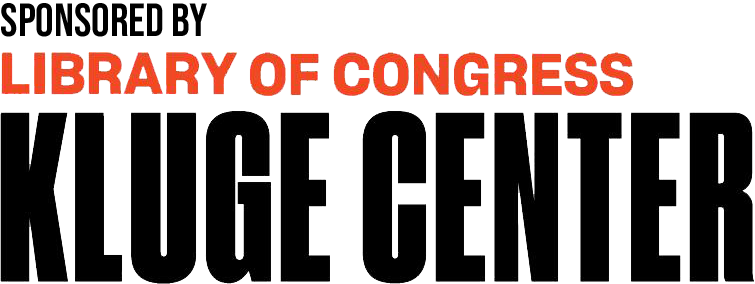Forum Question
In a world of disinformation, social media, and “alternative facts,” how do you identify and vet credible information sources? How do you share those credible sources with students and public library users? What is a librarian’s role in helping the greater community find common ground in shared facts?
In a world of disinformation, social media, and “alternative facts,” how do you identify and vet credible information sources? How do you share those credible sources with students and public library users? What is a librarian’s role in helping the greater community find common ground in shared facts?
Responses
conspiracy theories
One of the things I have considered, but I think it would be extremely difficult to pull off successfully, is a "conspiracy theory" book club.
From what I can tell there is a basic societal confusion with the term "conspiracy theory" itself. For some people, the term refers to a theory about conspiring that could be true, false, or preposterous, while for others the term automatically refers to a preposterous theory.
I was thinking a book club could formulate a list of criteria to run a conspiracy theory through to test its plausibility and…
Birdwatch feature on Twitter
This new feature on twitter (a community-driven approach to addressing misleading information) is already controversial but I thought I'd post it here because it falls under this topic:
https://twitter.com/TwitterSupport/status/1353766523664531459
 Jason Y.
Moderator Pick
Jason Y.
Moderator Pick
Addressing More than Credible Sources
To some extent, I worry that this prompt begs the question of whether or not patrons value that their sources are credible. At times, I feel that some segments of the library field are placing too much emphasis on traditional approaches to information literacy as a solution to disinformation. Unfortunately, there isn’t a lot of rigorous and empirical evidence that information literacy approaches are broadly effective in changing patron behavior. And, significant research indicates that disinformation campaigns are quite effective at exploiting our emotions, psychological biases, and even our identity to ensure that we become personally invested in alternative facts.…
Read the Full ResponseMedia Bias
Since mainstream news sources have become increasingly partisan, I think the best way to get the "full story" is to check sources against each other. I have found a couple of sites regarding "media bias" that I like and have posted them on our Library's Facebook page to help patrons navigate the news.
They are:
allsides.com (rates different sources according to bias and compiles the top news stories of the day and how those stories are covered by left, right, and center)
ground.news (lists the major news stories of the…
 Kristen C.
Moderator Pick
Kristen C.
Moderator Pick
Meeting Patrons Where They Are: Teaching skills through reference desk interactions and programming
It is paramount to teach patrons media literacy skills in order to give them the tools they need to discern credibility in sources. And to do this and to get these skills across, we have to meet people where they are. They aren’t going to come to us ask us for training; we need to incorporate it into what we’re already doing.
As information professionals, we must connect with our customers and fight the battle against misinformation and disinformation. That means having skills ourselves, and it means using our trusted position in society to help people…





